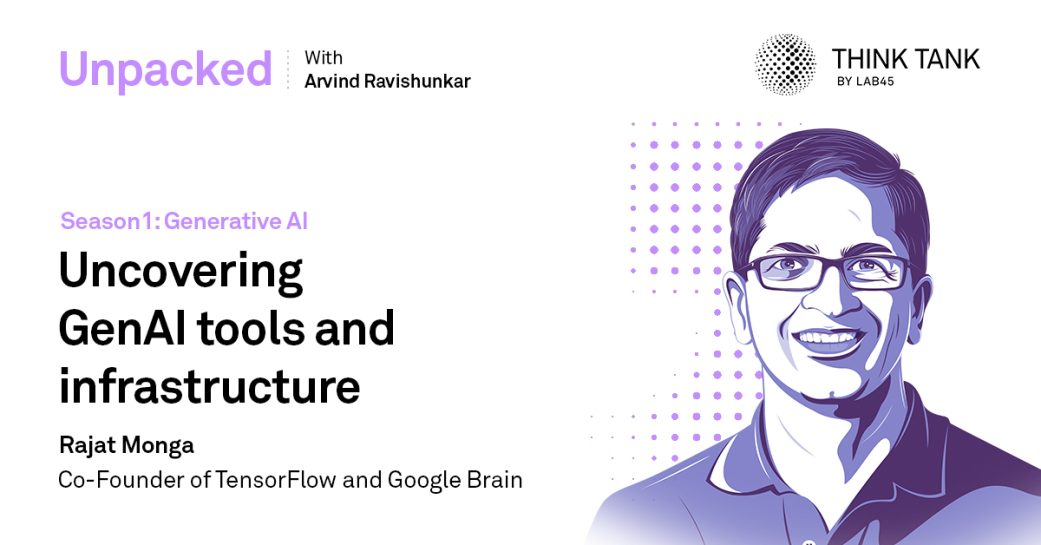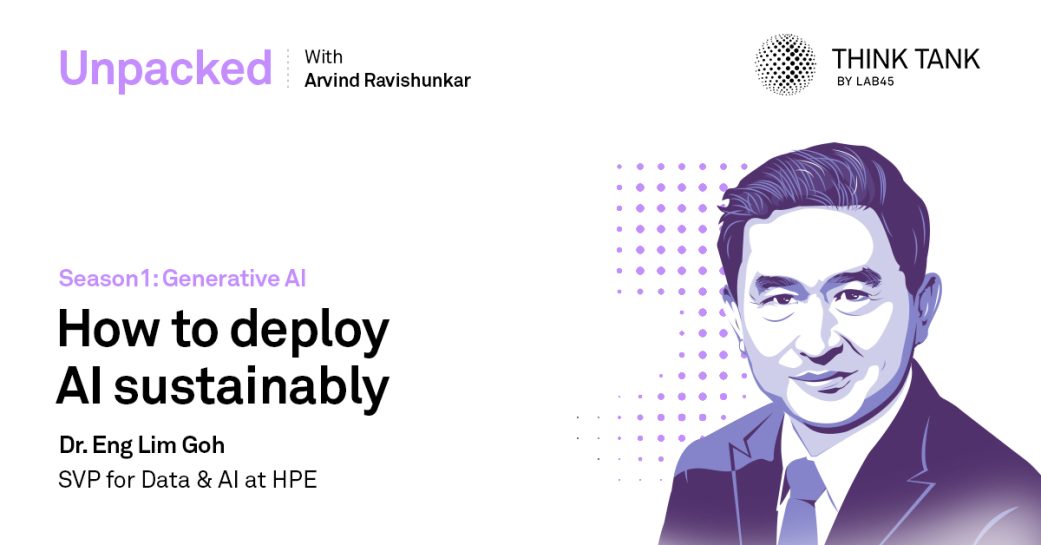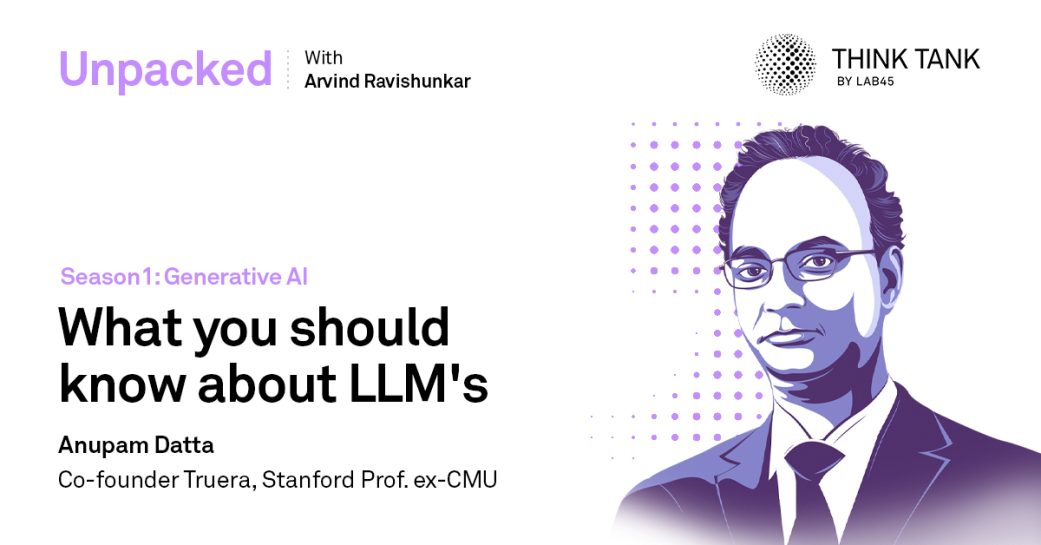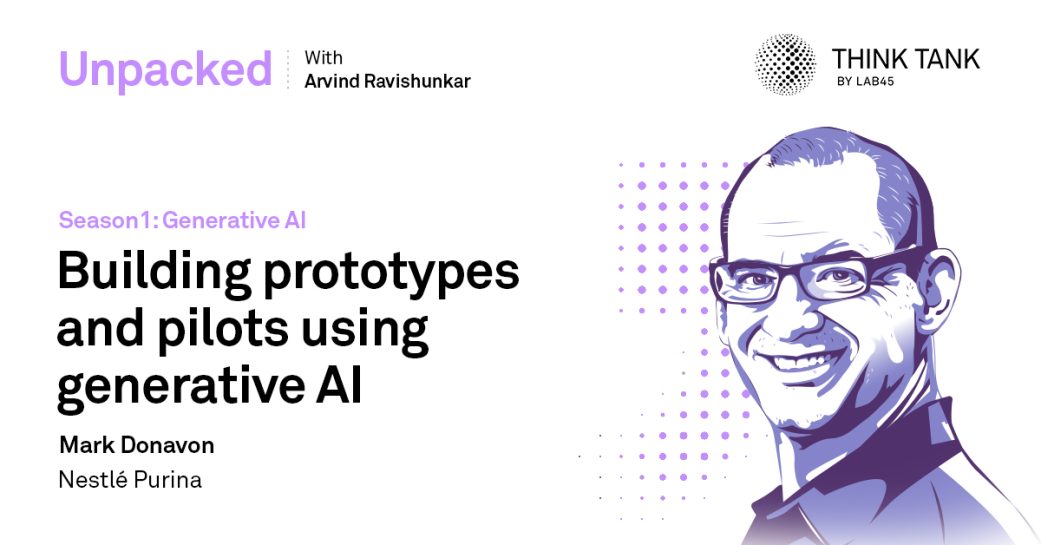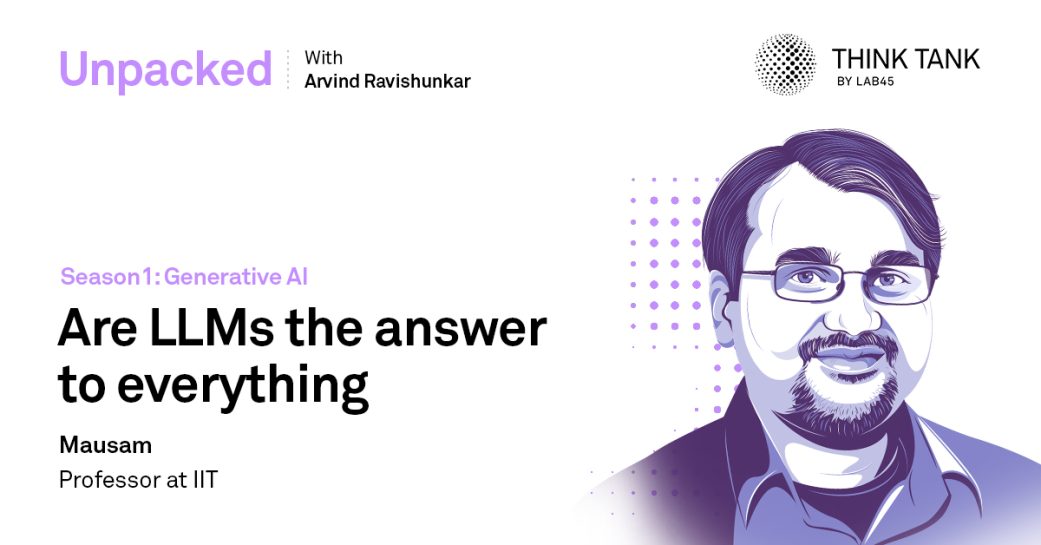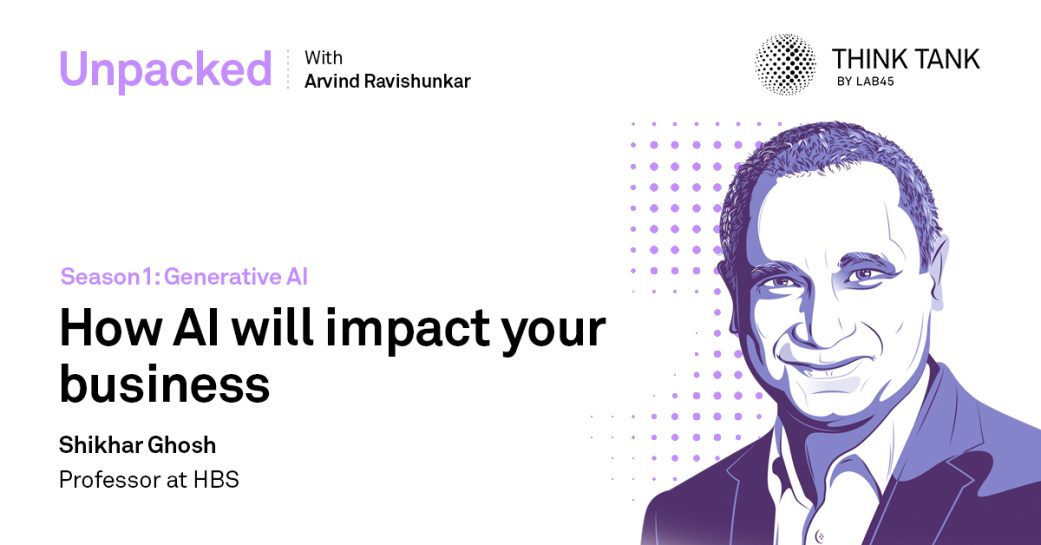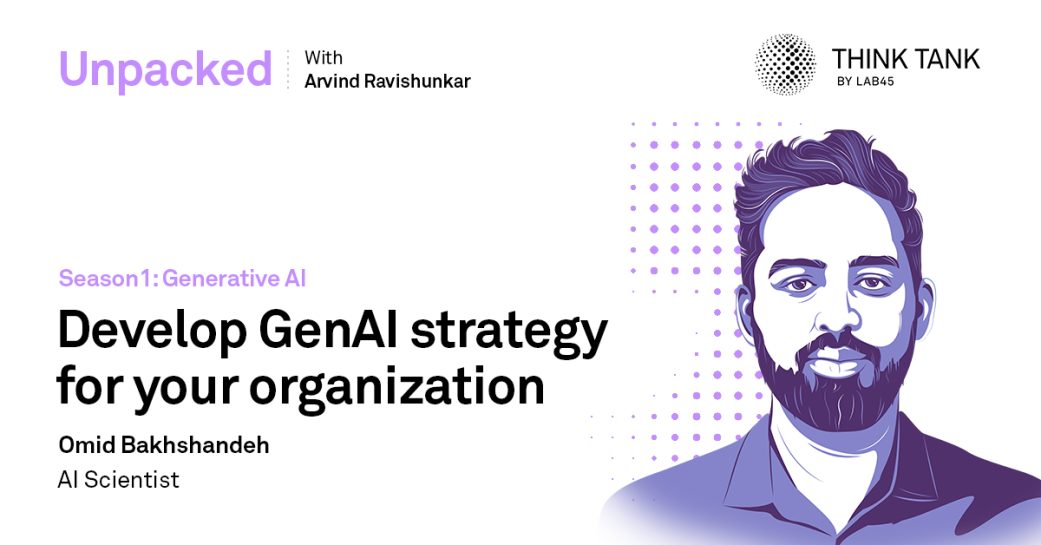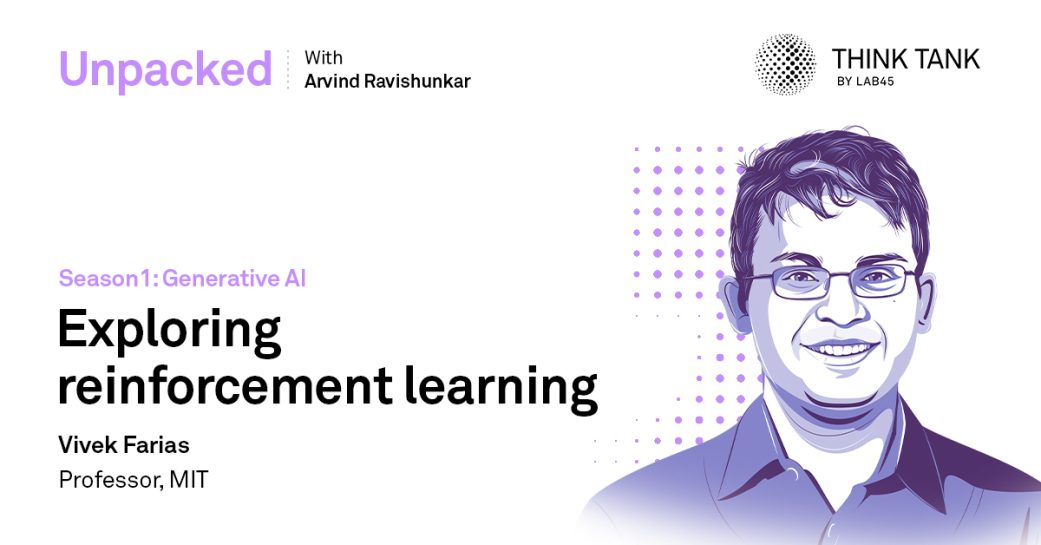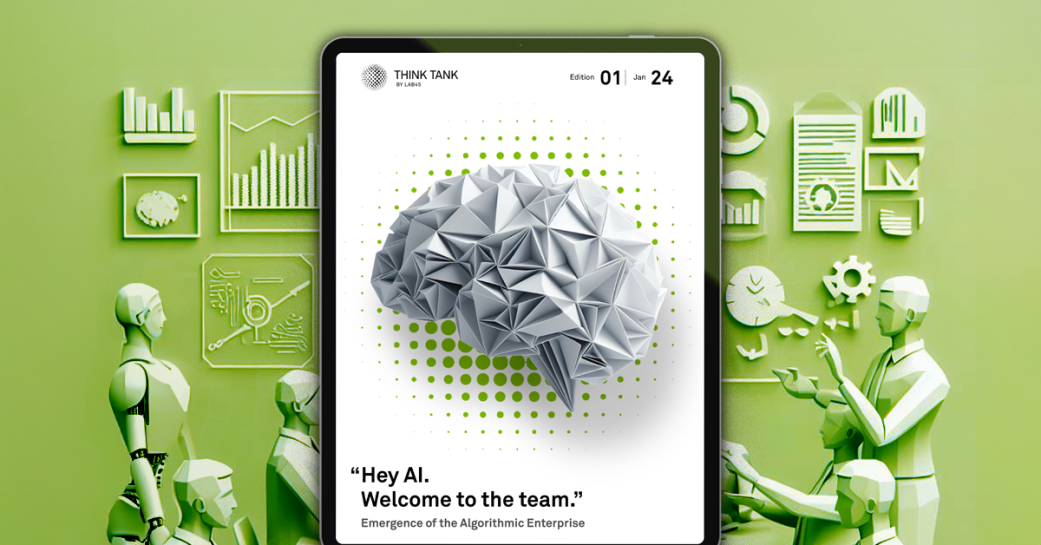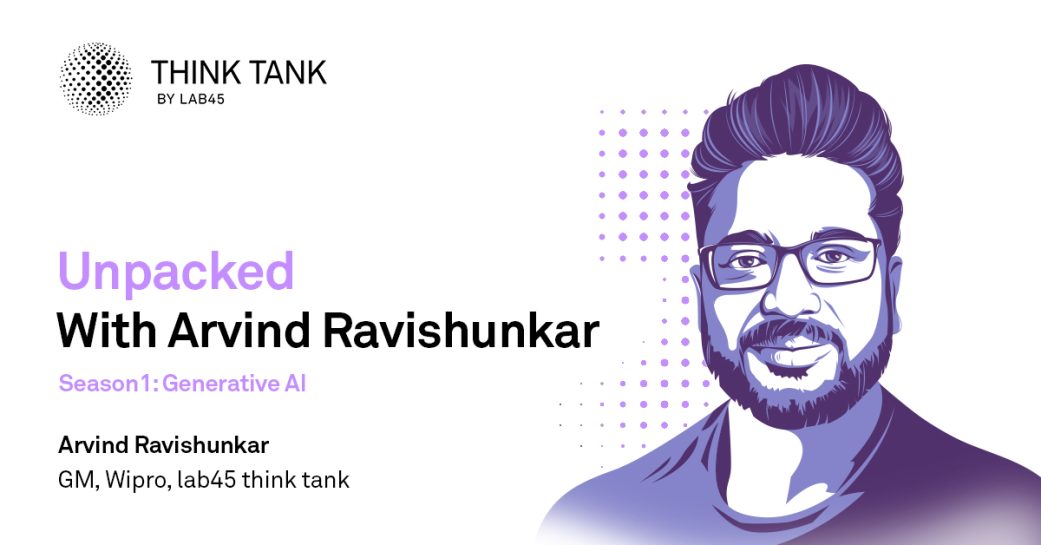Exploring reinforcement learning with MIT Professor Vivek Farias
Engaging topics at a glance
-
00:16:50What is Reinforcement Learning
-
00:20:10Reinforcement Learning for LLMs
-
00:24:00How do you reward your model?
-
00:33:00Revealed preferences v/s just a few individuals doing that
-
00:36:00AI model training AI in the future?
-
00:40:18Methodologies other than Reinforcement Learning
-
00:43:10Considerations when in the Reinforcement Learning with Human Feedback (RLHF) Phases
-
00:48:10About Cimulate
“Exploring Reinforcement Learning” with guest Vivek Farias, Professor, MIT, discusses what role reinforcement learning has to play in this world of Artificial Intelligence.
Learning systems with humans date back to almost 5,000 years ago. And these learning systems have what allowed us to progress as a society. Being able to teach other people what we know and share knowledge has been the foundational pillars of our evolution and civilization. And interestingly, these learning systems are not unique to just humans. Animals also have these learning systems. When you look at orcas, dolphins, the higher-order intelligent animals spend time training and teaching their young ones. In the last 50 to 60 years, we have not just been teaching humans how to learn, but we have been teaching machines how to learn. And this artificial intelligence area has benefited from our understanding of these learning systems.
Reinforcement Learning is the agent interacts with the world, the world does something to the agent.

– Vivek Farias
The guest started with highlighting the importance of acknowledging uncertainty and balancing between exploiting what is known and exploring to learn more about the environment. This problem is referred to as a “multi-arm bandit problem” and is considered fundamental in reinforcement learning, where the goal is to optimize actions in an environment.
When looking at it specifically for Large Language Models (LLMs) the role of Reinforcement Learning. RL has played the central role in building general purpose chatbots that are based on LLMs. Because the resulting model that has been trained on data might not give you the refined output that you are expecting from it.
The idea is that, listen, there are so many uncertain things in my environment. If I, I don’t acknowledge uncertainty altogether, I may get into this trap where I never learn.

– Vivek Farias
When discussing about rewards and losses in reinforcement learning phase, it came out that the way we structure rewards and penalties for AI models greatly influences their reliability, how they interact with public and the accountability.
Overall deploying AI involves a balance. Backend deployment offers some level of predictability, while front-end deployment is uncertain. Successful business must experiment and capitalize in both aspects.
Production Team
Arvind Ravishunkar, Ankit Pandey, Chandan Jha


